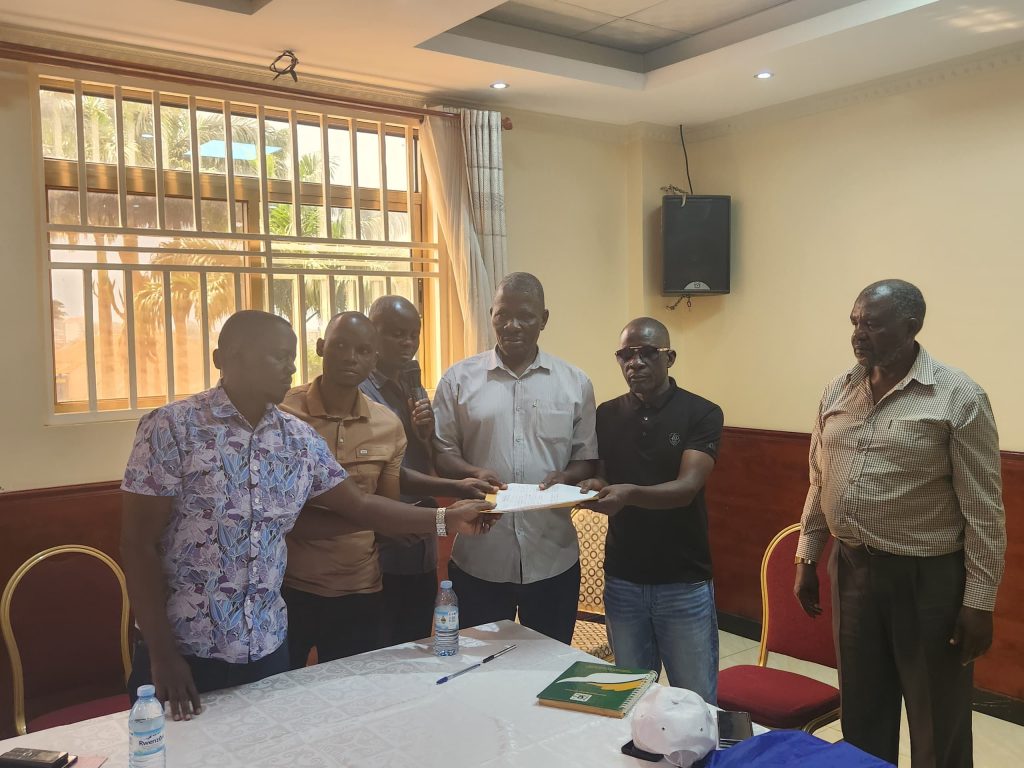Rice traders in Uganda are crying foul over what they describe as discriminatory tax policies and trade barriers that threaten to push them out of business.
According to the Kampala Rice Traders Association, several large companies importing rice from Tanzania are enjoying tax exemptions and preferential treatment, while ordinary traders are weighed down by high taxes and complex documentation requirements.
The Association’s Secretary-General, Robert Ssentongo, said the situation has created an uneven playing field.
“Some companies are feasting from our plate with bigger portions because they’re privileged with tax exemptions, while genuine traders like us are left to carry the full tax burden,” Ssentongo lamented.
He pointed to the introduction of the Electronic Fiscal Document (EFD) system by the Uganda Revenue Authority (URA) as one of the biggest hurdles.
The system requires importers to present digital export invoices documents that can only be issued by registered companies with electronic systems.
“In Tanzania, we buy rice from local farmers who don’t have such systems. There’s no way we can get those electronic documents,” Ssentongo explained. “Unless Tanzania changes its policy to allow local brokers to issue EFDs, it’s impossible for small traders like us to comply.”
The traders argue that the current tax and documentation systems favor large corporations with established export networks, leaving smaller importers stranded.
In response to their concerns, Tonny Ssempijja, the Personal Assistant to Gen. Salim Saleh, the Chief Coordinator of Operation Wealth Creation, pledged to take up their matter.
“I’ve heard your concerns, and I assure you I will deliver your letter to the General before Tuesday ends,” Ssempijja said.
“I’m impressed that you’re not asking for money but seeking support to streamline your operations and reduce the burden you face.”
The rice traders are now seeking a meeting with Gen. Saleh to find a lasting solution, saying they support government efforts to collect revenue but need fair and practical trade systems that do not suffocate local businesses.
“We want to pay taxes, but not under conditions that force us out of business,” Ssentongo said.
The association warned that without intervention, Uganda risks losing many small-scale rice traders who play a vital role in ensuring market supply and price stability.
